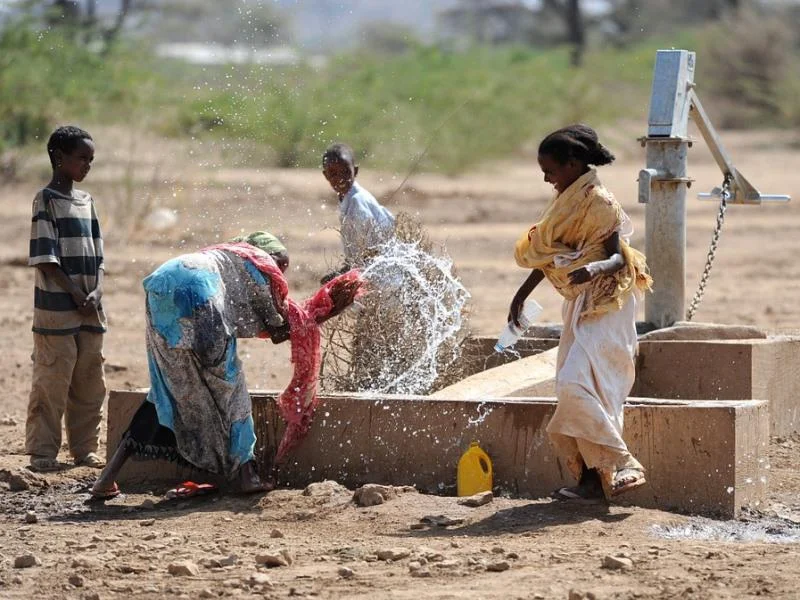£5 million for new LSE research centre looking at issues of public authority in fragile African countries

A new LSE research centre, focusing on how societies are governed in impoverished and unstable places in Africa, is being launched with £5 million funding from the Economic and Research Social Council (ESRC).
The Centre for Public Authority and International Development (CPAID) will study how families, clans, religious leaders, aid agencies, civil society, rebel militia and vigilante groups contribute to governance, along with formal and semi-formal government institutions. The research will mainly focus on the lives of ordinary people, in particular vulnerable and marginalised groups and populations.
The centre will look at countries involved in prolonged conflict, such as the Democratic Republic of Congo, Central African Republic, South Sudan, Somalia and Burundi, as well as the now relatively peaceful states of Rwanda, Sierra Leone, Uganda and Ethiopia.
The centre is funded for five years and will be led by Professor Tim Allen, Director of the Firoz Lalji Centre for Africa, where CPAID will be hosted. He said: "If the pessimistic headlines and official statistics about Africa were all true, most people in Africa would be dead. Yet, when you travel to places where the reach of governments are limited and political upheavals make the provision of formal services limited, we encounter vibrant social lives.
"Mutuality is possible even in circumstances in which it appears to be impossible from the outside. How it happens is unclear. What is apparent is that ideas about good governance are tangential. Something else is clearly going on. That is what we will investigate in this project."
Professor Allen will lead a team of African and international researchers who have accumulated a wealth of experience over many years in the study of governance on the ground in Africa and elsewhere. Working together they will produce research that will inform local, national and international development policies so that they successfully promote economic growth and stability in these fragile states. They will seek to provide evidence for the strengthening of those forms of public authority that actually serve and help their populations.
The funding of the centre forms part of the ESRC’s contribution to the Global Challenges Research Fund (GCRF), a £1.5 billion UK Government investment to support cutting-edge research that addresses the challenges faced by developing countries.
Chief Executive of the ESRC Professor Jane Elliott said: "Improving the lives and prosperity of the world’s poorest and most vulnerable populations is a global challenge, especially in the face of war, conflict and mass displacement of persons.
"It is vital that development agencies have the best evidence to hand when deciding how to direct their efforts. This centre will bring together world leading experts from a diverse range of academic fields and across a range of countries. Its research will help us understand the needs of the most vulnerable communities, and how we can best meet them."